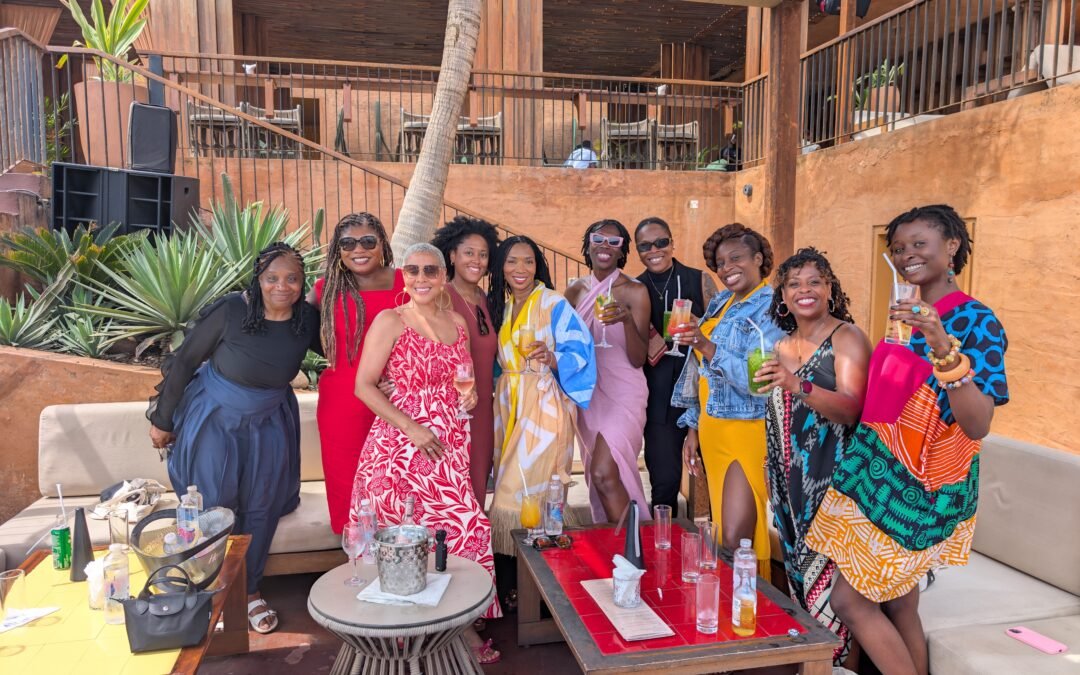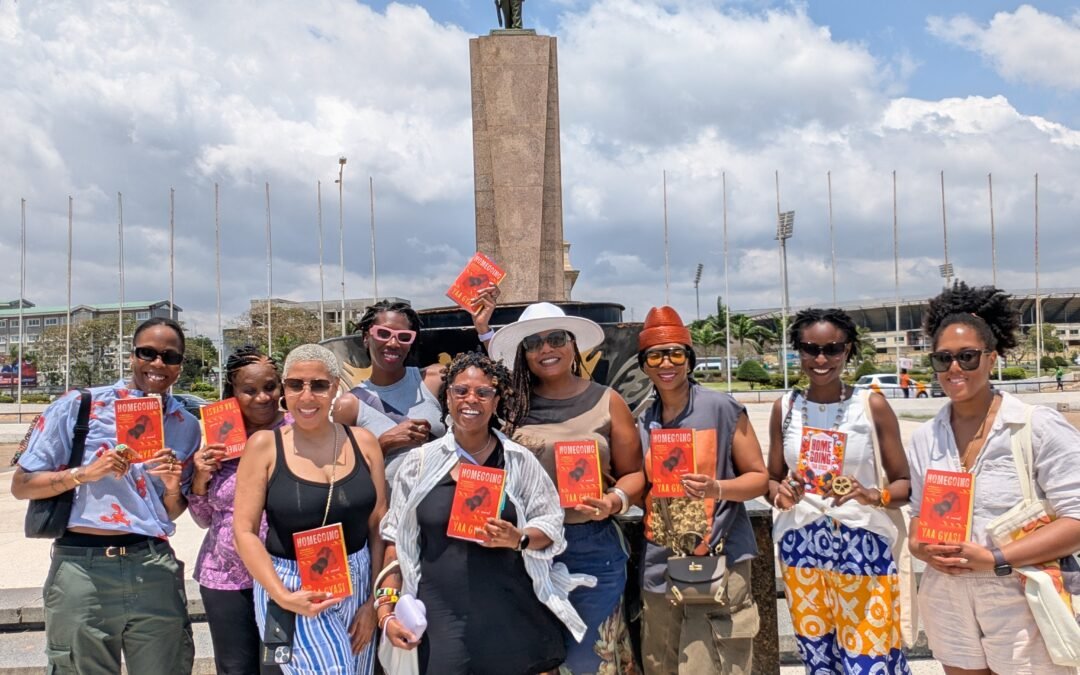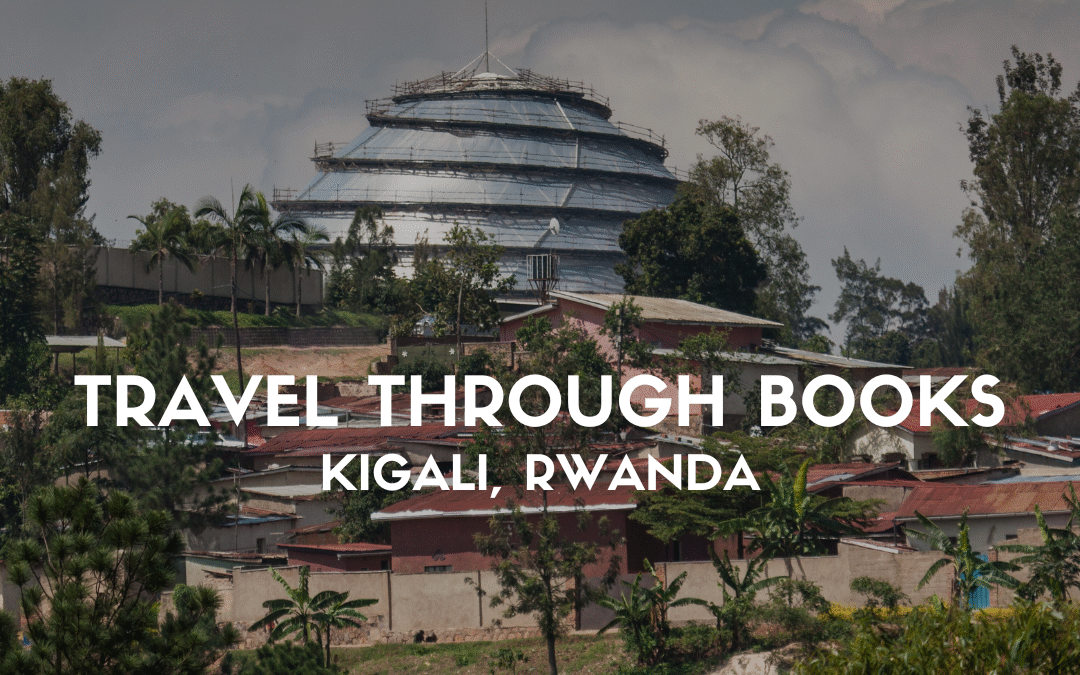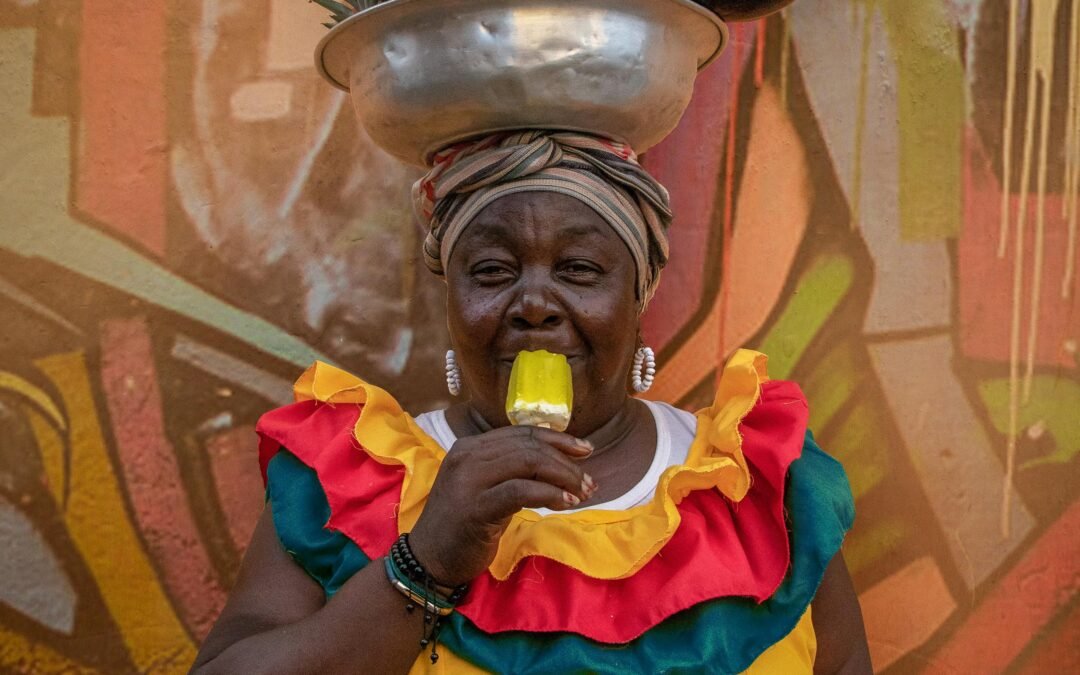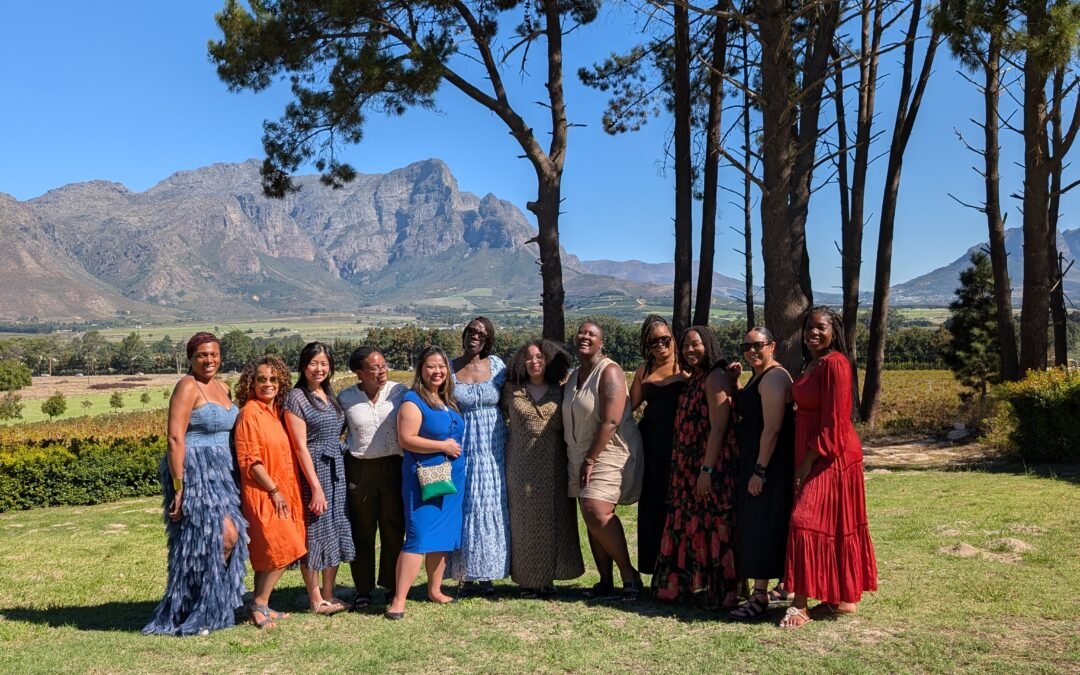BOOKED Trips South Africa & Casualties of Truth by Lauren Francis-Sharma
Fresh off our amazing BOOKED Trips Johannesburg and Cape Town, South Africa experience, we’re diving deeper into Johannesburg’s literary landscape with a conversation with Lauren Francis-Sharma, author of the recently released book Casualties of Truth. The thriller follows Prudence Wright, whose past as a law student intern witnessing the Truth and Reconciliation Commission hearings in Johannesburg comes rushing back when a figure from her past reappears in her seemingly perfect DC life. What secrets does her time in Johannesburg hold? How does the city’s history of seeking truth intertwine with Prudence’s personal reckoning with forgiveness and atonement?
This conversation is the perfect way to explore the deeper layers of the city we just experienced and invite more people into the conversation. We got the chance to chat with Lauren about weaving this intense personal drama with South Africa’s complex history, exploring themes of truth and forgiveness, and she shares recommendations for your next trip to Johannesburg, South Africa (check out our Travel Through Books guide to Johannesburg, South Africa for tips on your next trip).
If you’re looking for more ways to travel through books Lauren, a child of Trinidadian immigrants, has written about the Caribbean her other critically-acclaimed novels, “’Til the Well Runs Dry” and “Book of the Little Axe.”
Keep reading for our conversation with Lauren Francis-Sharma.
Conversation with Lauren Francis-Sharma, author of Casualties of Truth
1. Your novel juxtaposes the search for truth during the 1996 post-apartheid TRC commissions in Johannesburg with present-day Washington D.C. What parallels or contrasts did you intend to draw between these two settings regarding the pursuit or suppression of truth, whether on a personal or societal level?
In the novel I included several of the stories that I heard while at the hearings. The story about eight school boys who believed they were going to train with the ANC and who were subsequently murdered, has stayed with me for almost three decades. Not only did I recall every moment of that testimony, but I was lucky enough to have kept my very copious notes from that time. As I read through them at the start of writing the novel, I realized that even decades later, I am still grappling with whether the TRC accomplished its goal, I am still grappling with whether all the victims of Apartheid feel they’ve received justice via a government mandate for collective healing. And yet, what I know is that Mandela wanted the stories of the people to be documented and to live on so that this would never happen again. My goal was to contribute to this preservation of the people’s stories.
I thought A LOT about this over the years. In the end, I realized that I had been workshopping this novel ever since I returned back to the States in 1997. Every chance I got, I tried to explain what happened during the Apartheid Era, the systemic oppression and violence perpetrated against citizens. I wanted everyone to know and as I told these stories over and over, no one seemed to give a damn. So, I decided to write it in a way that you wouldn’t want to put the book down, despite the heaviness of the subject. Using elements of suspense craft writing seemed like the best way to do this. I hope it works!
5. What other books by South African authors (fiction or nonfiction) would you recommend that might further deepen a traveler’s understanding of the country’s history, culture, and contemporary issues?
I wrote an article for Literary Hub for just this question!
6. If you’ve visited Johannesburg – what are some of your favorite things to do in the city? What’s on your must-do list?
Nearly everyone visits Robben Island and Winnie and Nelson Mandela’s modest home in Orlando West, and they are certainly important tourist destinations, but on my last visit, I had the pleasure of having a drink at Sanctuary Mandela, which was Nelson Mandela’s first home after his release from prison. It’s been completely revamped as a museum and a boutique hotel, and it is spectacular! If you’re lucky, they will offer you a tour. Each room has a unique story. It’s really a special place. Don’t miss it if you’re in Johannesburg.The cover for my novel was based on the art of a South African painter, Vivien Kohler, whose work has been featured at Gallery Momo, a Black-owned gallery showcasing art by amazing up-and-coming talent throughout Africa. It is a small space but it packs a punch. If you don’t find what you want, the owner Monna Mokoena and his staff will be happy to stay on the lookout for the right pieces for you.
About BOOKED Trips
BOOKED Trips are for women who crave meaningful, book-inspired journeys. As an immersive, small-group travel company, we connect curious and community-minded women who want more than just a vacation. Unlike traditional travel companies, we offer one-of-a-kind experiences that bring stories to life. This leads to deep connections, unforgettable experiences, and a sense of belonging in the places we explore.
BOOKED Trips are all about story. We take our travels from an author’s story to the myriad stories of the people who live in the places we visit. Prior to each trip our travelers receive a BOOKED box with our selected book, a curated playlist, and items from small businesses around the world that connect to the country we’re visiting. On the ground our trip activities and meals are inspired by quotes and scenes from our selected book, taking travelers from the page to the place.
Looking for a book-inspired adventure? Join us for one of our upcoming trips:
- Accra and Cape Coast, Ghana October 9-17, 2025 inspired by Yaa Gyasi’s book “Homegoing.”
- Marrakech, Fez, and the Sahara desert, Morocco November 2-11, 2025 inspired by Fatima Mernissi’s book “Dreams of Trespass: Tales of a Harem Girlhood”
- Cartagena, Colombia December 4-8, 2025 inspired by Gabriel García Márquez’s book “Love in the Time of Cholera.”



